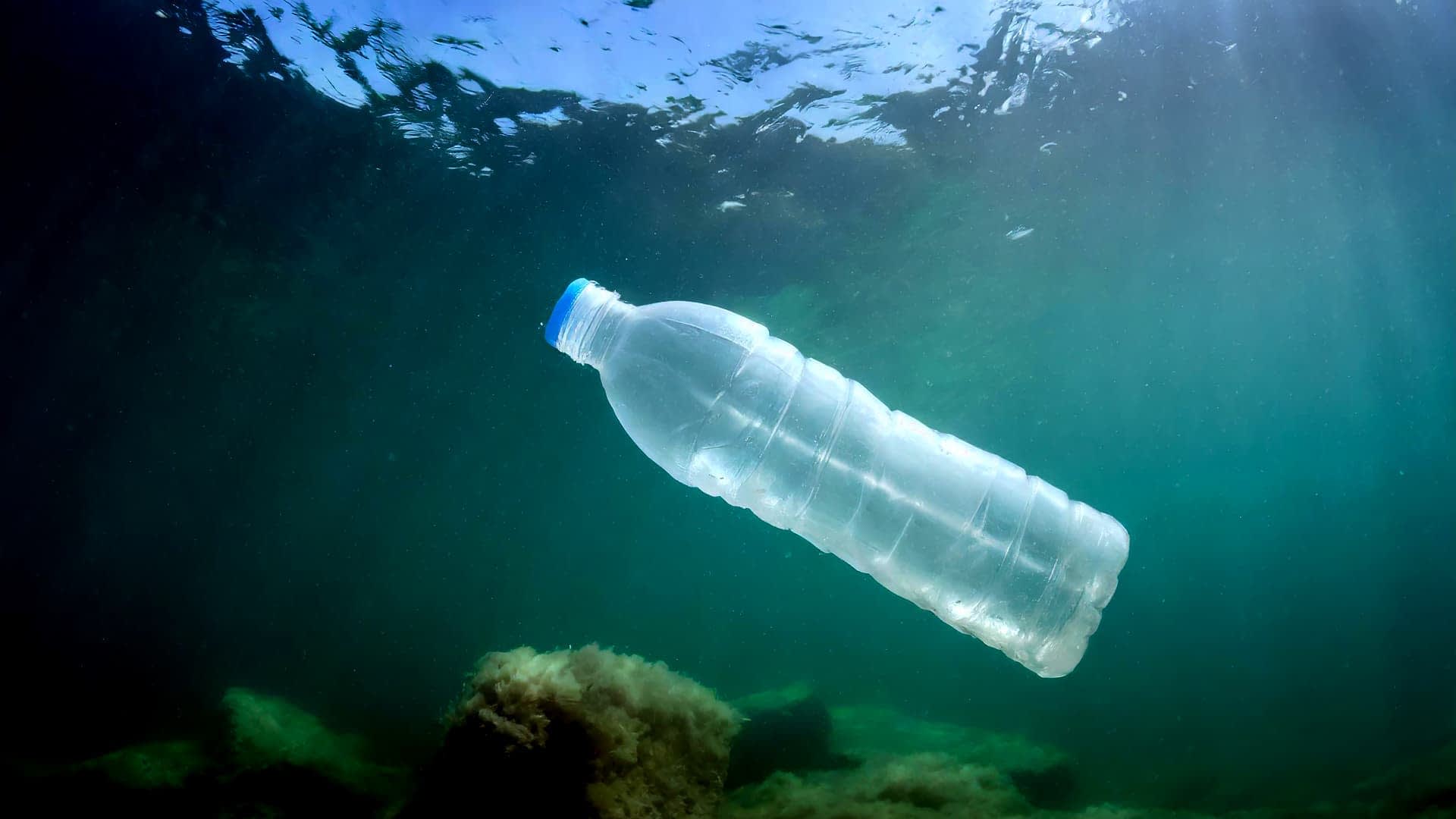Global brands are increasingly turning to environmentally friendly packaging for their products.
The trend is also evident in the olive oil sector, where producers believe innovative packaging solutions can reduce environmental impact and enhance product quality and consumer experience.
“There is a shift toward more eco-friendly packaging, with glass bottles, tin cans and recyclable materials replacing traditional plastic,” Sean Zacot, Boss Strategy Global’s president and chief executive, told Olive Oil Times.
See Also:Europe Cracks Down on Eco-Labels in Effort to Curb Greenwashing“This aligns with consumer preferences for sustainable products,” he added. “Additionally, the packaging is designed to preserve the freshness and quality of olive oil, with dark-colored bottles and air-tight seals to protect against light and oxidation.”
Olive oil producers are adopting strategies to become more sustainable, such as introducing aluminum cans and recyclable plastic refill containers.
In Greece, the award-winning olive oil producer Neolea launched an eco-friendly packaging campaign earlier this year.
The Corfu-based company, which earned a Gold Award at the 2024 NYIOOC World Olive Oil Competition, introduced extra virgin olive oil packaged in aluminum cans.
Along with being recyclable, the cans are equipped with a reusable “fresh cap” to protect the olive oil’s healthy compounds, including polyphenols, freshness and flavor. Neolea said the container offers a spill-free, flow-controlled pouring experience and can be resealed for future use.
“At Neolea, we’re pushing the boundaries of sustainability and innovation,” the company wrote on LinkedIn, explaining the decision. “That’s why we’ve chosen eco-friendly aluminum cans for our extra virgin olive oil. Aluminum is endlessly recyclable, lightweight for efficient transport, and gives our product a sleek, modern look.”
On the other side of the Mediterranean, Tunisia’s largest olive oil brand, Terra Delyssa, plans to sell 150,000 of its new 750-milliliter refill olive oil packages by February 2025.
The brand, produced by CHO Group, said consumers could buy the recyclable plastic containers to refill Terra Delyssa glass and plastic squeeze bottles, reducing the company’s packaging material consumption by 96 percent.
CHO Group added that the containers retail for ten percent less than the equivalent bottled volume.
While some producers have developed new packaging designs to address sustainability, others have reduced or eliminated their use of plastic.
Deoleo, the world’s largest olive oil bottler, announced plans in 2023 to introduce newly designed bottles made from recycled plastic that use ten percent less plastic.
Italian producer Al Piglio went a step further. The three-year-old company’s founders decided not to use plastic packaging from the beginning.
The shift among olive oil producers is part of a broader movement toward sustainable packaging within the consumer goods sector.
Unilever, a dominant olive oil retailer in Greece until the 2017 sale of that business, is making significant strides toward sustainable packaging.
See Also:Creative Packaging Helps Award-Winning Producer Sell More EVOOThe multinational said it will halve its use of virgin plastic by 2025, increase its use of post-consumer recycled plastic and launch new packaging formats, such as recyclable paper-based ice cream tubs.
The company is also exploring reusable and refillable packaging models and developing country-specific roadmaps to collect and process more plastic packaging than it sells.
Many other consumer goods companies have announced similar packaging strategies to reduce plastic use and appeal to environmentally conscious consumers, including Coca-Cola, Mars, Nestlé and L’Oreal.
According to the United States Environmental Protection Agency, food packaging accounts for nearly 50 percent of the country’s waste.
In contrast, more than 80 percent of household plastic waste in the United Kingdom comes from food and beverage packaging.
Much of this packaging is non-recyclable and ends up in landfills, leading to microplastic pollution and significant methane emissions.
At the beginning of December, the United Nations’ Intergovernmental Negotiating Committee on Plastic Pollution adjourned its fifth annual meeting without finalizing a treaty on plastic pollution, highlighting the urgent need for sustainable packaging solutions in the food industry.
While plenty of work is needed, recent research has demonstrated the significant marketing advantages of being perceived as an environmentally friendly business.
A 2021 survey from consultancy Simon-Kucher & Partners found that 71 percent of respondents had experienced modest or significant changes in their purchasing behavior toward more sustainable options in the past five years.
As a result, a separate July 2022 survey of 1,000 businesses in Western Europe found that one-third of respondents spend more on sustainability marketing campaigns than normal ones.
“Every sector’s talking about sustainability more,” Andrew Winston, a sustainable business strategist and advisor, told Olive Oil Times in a July 2023 interview.
He added that companies meeting their sustainability goals are generally more successful in other business areas.
“Companies that do better in sustainability management, generally, just do better on management. It’s always been a really good proxy for that,” Winston said.









